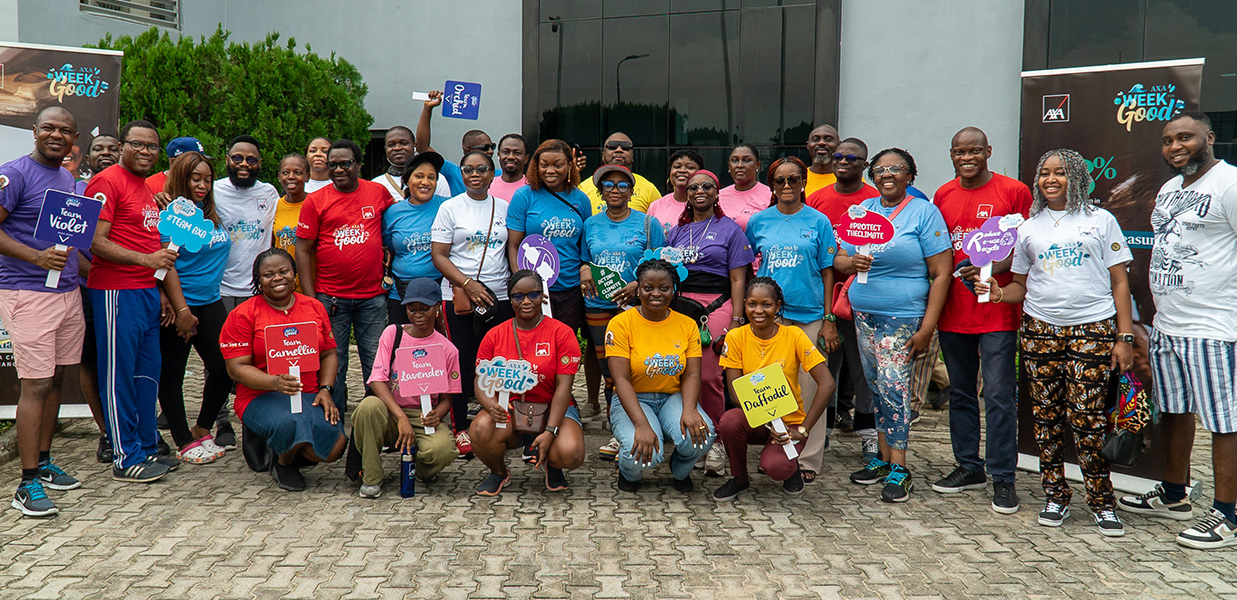Its okay to feel tired or weary after a heavy workout or a long day occasionally. What’s not okay is to feel fatigued. Yes, while a lot of people use tired and fatigued interchangeably, they describe two different conditions.
Tiredness is a common and temporary state that typically arises after periods of physical or mental exertion, lack of sleep, or long hours of activity. Fatigue however is a more profound and persistent sense of exhaustion that can affect both physical and mental capacities. It’s not necessarily relieved by rest or sleep and can last for an extended period.
Here are some of the leading causes of Fatigue
- Sleep Disorders: Conditions like insomnia, sleep apnea, and restless leg syndrome can significantly disrupt the quality and quantity of your sleep, leading to persistent fatigue.
- Chronic Stress: Prolonged exposure to high levels of stress can drain your energy and make you feel constantly tired. Stress impacts your body’s ability to recover and rest effectively.
- Poor Nutrition: A diet lacking essential nutrients or high in processed foods can lead to low energy levels. Deficiencies in vitamins and minerals, such as iron, vitamin D, and B vitamins, are particularly common culprits.
- Medical Conditions: Various health issues, such as hypothyroidism, diabetes, chronic fatigue syndrome, and anemia, can cause ongoing fatigue. It’s important to consult a healthcare professional for proper diagnosis and treatment.
- Sedentary Lifestyle: Lack of physical activity can lead to decreased stamina and increased feelings of fatigue. Regular exercise is crucial for maintaining energy levels and overall health.



